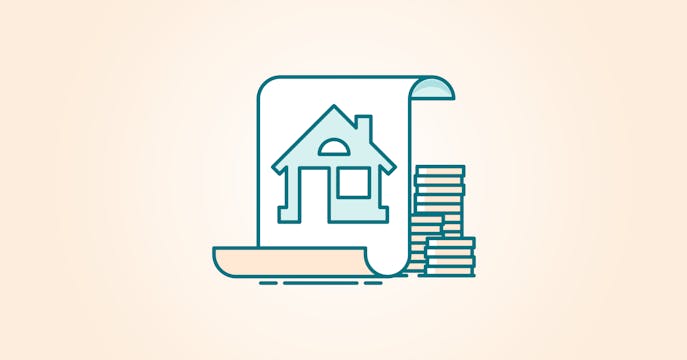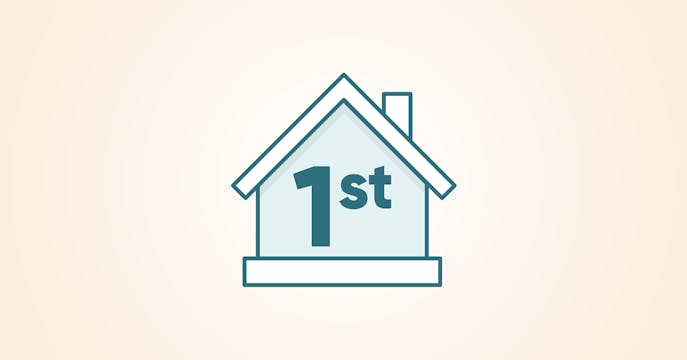You're still on the hook to pay your mortgage.
The default insurance doesn't cover your payment arrears. If you stop paying your mortgage, you're still on the hook for the loan, and you could lose your property through foreclosure.
If the worst happens, the lender sells the property to recoup its money, and the insurer compensates them for any principal shortfall (for example, if the home is sold for less than the mortgage amount owing).
Who offers mortgage default insurance?
Currently, there are three mortgage insurers in Canada:
- CMHC (Canadian Mortgage and Housing Corporation) is a Crown corporation and the most well-known, so insured mortgages are often called a 'CMHC mortgage'
- Sagen (formerly Genworth)
- Canada Guaranty
Your lender will arrange to purchase your mortgage insurance through their preferred provider.
How do you pay mortgage insurance?
The above providers offer two types of mortgage insurance coverage — one you'll pay premiums on directly, and the other is paid by the lender (though you may pay a slightly higher rate). And no, you usually don't get a choice in the matter:
Transactional Insurance (Insured High Ratio Mortgage)
- A one-time premium is applied to mortgages with an LTV ratio greater than 80% (in unique situations, this premium may also be added to mortgages with lower LTVs)
- It's usually added to your mortgage to be included in your payments (the amount is added when your mortgage is advanced)
- Find a breakdown of CMHC's premiums here
Portfolio Insurance or Bulk Insurance (Insurable Mortgages)
- This premium is an option for lenders on mortgages with an LTV of less than 80% or as determined by the lender
- Only available for home prices under $1M and 25-year amortizations
- It is paid by the lender, with borrowers often not being aware that this coverage has been purchased
- It is often used by Mortgage Finance Corporations (MFCs such as THINK Financial, First National, and MCAP) to offer lower mortgage rates
- Some big banks may also consider using this type of insurance
Are default insurance premiums considered a mortgage closing cost?
Technically, no — because you're able to roll the premium into your mortgage amount and pay it as part of your mortgage payments.
Mortgage closing costs are paid for separately by your closing date (they can't be added to your mortgage) and include things like Land Transfer Tax and Adjustment Costs. If you can't come up with these funds, your deal could be in jeopardy, so make sure to budget for these expenses.
We've got you covered — with great advice and your best rate.
The rules around insured mortgages are subject to change, and there have been several changes in the past few years:
We really know mortgages. We're always up-to-date on the latest changes (for example, to the mortgage stress test) and what they mean for your situation. We can quickly set out all your details for your best mortgage experience, ever.
A few minutes with us could save you thousands, with advice that fits you (not the lender). Give us a shout online, over the phone, or drop by a store near you.




